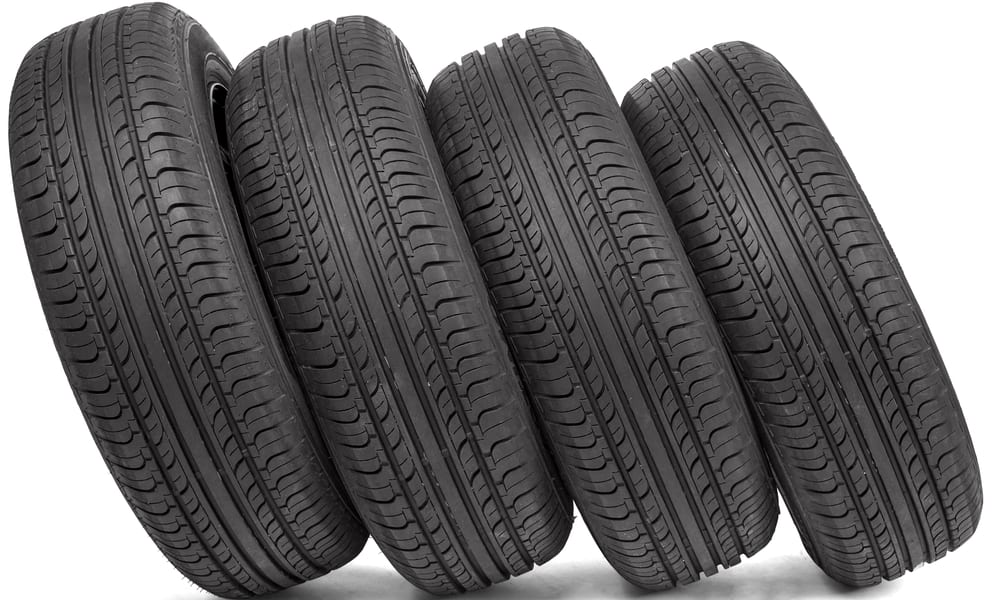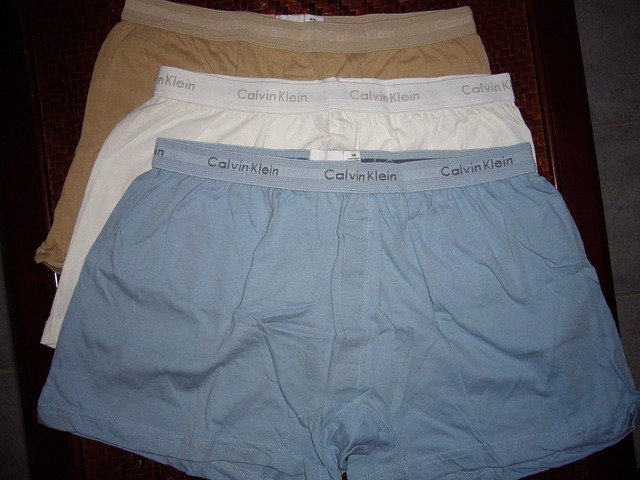Used Trailer Buying Guide
When buying a used trailer, conduct a thorough inspection of its frame, tires, brakes, and lights, and check all paperwork for a clear title and valid registration. It is also recommended to get a professional pre-purchase inspection, review the trailer's history, and ensure its specifications match your towing vehicle and intended use.

Buying a used trailer offers significant savings compared to purchasing new, but it requires thorough research and inspection. Whether you need a utility trailer for work projects, a cargo trailer for business, or a specialized trailer for specific hauling needs, understanding the buying process helps you make a confident decision. The used trailer market includes various types and conditions, so knowing what to look for protects your investment.
Buy Used Trailer: Where to Start Your Search
Begin your search by identifying your specific needs and budget. Determine the trailer type, size, weight capacity, and features required for your intended use. Common sources for used trailers include online marketplaces, local dealerships, classified ads, and private sellers. Each option has advantages: dealerships may offer limited warranties and financing, while private sales often provide lower prices. Research current market values for the trailer type you want by checking multiple listings in your area. Compare prices based on age, condition, brand reputation, and included features. Document your findings to establish a reasonable price range before making contact with sellers.
What to Look for When Buying a Utility Trailer
Physical inspection is critical when evaluating any used trailer. Start with the frame, checking for rust, cracks, welds, and structural damage. Surface rust may be manageable, but deep corrosion or frame damage compromises safety and longevity. Examine the trailer bed or deck for rot, warping, or excessive wear, especially on wooden floors. Inspect the hitch and coupler mechanism for wear, proper function, and compatibility with your towing vehicle. Check all lights, including brake lights, turn signals, and running lights, to ensure they work correctly. Test the braking system if equipped, verifying that electric or surge brakes engage smoothly. Look at tires for tread depth, age (check the DOT date code), and even wear patterns. Examine wheel bearings by lifting each wheel and checking for play or grinding sounds when rotated. Inspect the axle for alignment, damage, or signs of previous repairs. Review the suspension components, including springs, shocks, and mounting hardware. Ask about maintenance history and request documentation of repairs or upgrades.
Buying Used Trailer Checklist: Essential Steps
A systematic checklist ensures you cover all important aspects during your evaluation. First, verify the vehicle identification number and confirm ownership through title documentation. Check that the VIN matches all paperwork and that the title is clear without liens. Request maintenance records showing regular upkeep like bearing repacks, brake servicing, and tire replacements. Test the trailer by connecting it to your vehicle, checking electrical connections, and taking a short test drive if possible. Listen for unusual noises, watch for tracking issues, and test braking performance. Measure dimensions to confirm the trailer meets your space and capacity requirements. Calculate the payload capacity and ensure it exceeds your typical hauling needs with a safety margin. Inspect safety chains, ensuring they are present, properly attached, and not excessively worn. Check for a valid safety inspection sticker if required in your state. Photograph any damage or wear points for reference during price negotiations. Research the manufacturer and model for known issues or recalls. Consider having a mechanic or trailer specialist perform a pre-purchase inspection for added confidence.
Understanding Trailer Types and Their Specific Considerations
Different trailer types require specialized inspection points. Utility trailers need sturdy side rails and a durable deck surface. Enclosed cargo trailers require checking the roof, walls, and door seals for leaks and structural integrity. Examine interior walls for water damage or mold. Flatbed trailers should have secure tie-down points and proper load distribution capabilities. Equipment trailers with ramps need functional hydraulic or manual ramp systems without excessive wear. Specialized trailers like boat trailers, horse trailers, or car haulers have unique components requiring expert evaluation. Consider your long-term needs and whether the trailer can adapt to multiple uses or if you need something purpose-built.
Pricing and Value Assessment
Used trailer prices vary widely based on age, condition, brand, size, and features. A basic single-axle utility trailer may range from several hundred to a few thousand dollars, while larger enclosed or specialized trailers can cost significantly more. Factors affecting price include overall condition, recent maintenance or upgrades, tire condition, and included accessories. Trailers from reputable manufacturers typically hold value better than unknown brands. Consider the cost of immediate repairs or improvements when evaluating asking prices. Budget for registration, insurance, and any required safety equipment. Negotiate based on identified issues, comparable listings, and fair market value research.
| Trailer Type | Typical Price Range | Key Considerations |
|---|---|---|
| Single-Axle Utility | $800 - $2,500 | Frame condition, deck material, basic lighting |
| Tandem-Axle Utility | $1,500 - $4,500 | Axle alignment, tire condition, weight capacity |
| Enclosed Cargo | $2,000 - $8,000 | Roof leaks, door function, interior condition |
| Equipment/Car Hauler | $3,000 - $10,000 | Ramp operation, deck strength, brake system |
Prices, rates, or cost estimates mentioned in this article are based on the latest available information but may change over time. Independent research is advised before making financial decisions.
Legal and Registration Requirements
Before finalizing your purchase, understand your state registration and titling requirements. Most states require trailers above a certain weight to be titled and registered. Verify that the seller can provide a clear title and complete a proper transfer. Some states require safety inspections before registration. Check whether your trailer needs a license plate and what documentation you need for registration. Confirm insurance requirements, as some states mandate liability coverage for trailers. Ask about any outstanding registration fees or taxes owed. Ensure you have the proper hitch class and towing capacity on your vehicle to legally and safely tow your chosen trailer. Understanding these legal aspects prevents complications after purchase.
Purchasing a used trailer requires diligent research, thorough inspection, and careful negotiation. By following a structured evaluation process and understanding what to look for, you can find a reliable trailer that meets your needs without overpaying. Take your time, ask questions, and do not hesitate to walk away from a questionable deal. A well-chosen used trailer provides years of dependable service at a fraction of the cost of buying new.




